Looking Forward
Prediction and Uncertainty in Modern America
Jamie L. Pietruska
The University of Chicago Press
Chicago & London
The University of Chicago Press, Chicago 60637
The University of Chicago Press, Ltd., London
2017 by The University of Chicago
All rights reserved. No part of this book may be used or reproduced in any manner whatsoever without written permission, except in the case of brief quotations in critical articles and reviews. For more information, contact the University of Chicago Press, 1427 E. 60th St., Chicago, IL 60637.
Published 2017
Printed in the United States of America
26 25 24 23 22 21 20 19 18 17 1 2 3 4 5
ISBN -13: 978-0-226-47500-4 (cloth)
ISBN -13: 978-0-226-50915-0 (e-book)
DOI : 10.7208/chicago/9780226509150.001.0001
Publication of this book was generously supported with a grant from the Rutgers University Research Council.
Library of Congress Cataloging-in-Publication Data
Names: Pietruska, Jamie L., author.
Title: Looking forward : prediction and uncertainty in modern America / Jamie L. Pietruska.
Description: Chicago ; London : The University of Chicago Press, 2017. | Includes bibliographical references and index.
Identifiers: LCCN 2017018833 | ISBN 9780226475004 (cloth : alk. paper) | ISBN 9780226509150 (e-book)
Subjects: LCSH: ForecastingSocial aspectsUnited States. | Economic forecastingUnited States. | RiskUnited States. | Prophecy.
Classification: LCC CB 158 . P 54 2017 | DDC 330.973/00112dc23
LC record available at https://lccn.loc.gov/2017018833
 This paper meets the requirements of ANSI / NISO Z 39.48-1992 (Permanence of Paper).
This paper meets the requirements of ANSI / NISO Z 39.48-1992 (Permanence of Paper).
To Jason
The present age is in the attitude of looking forward. It stands in an unaccustomed glare, with hand shading the eye, peering into the future. On all lips are the questions, What is coming? What have we to hope, and what to fear? What will our children live to see?
ANDOVER REVIEW , 1891
Many persons talk as if the minutest dose of disconnectedness of one part with another, the smallest modicum of independence, the faintest tremor of ambiguity about the future... would ruin everything, and turn this goodly universe into a sort of insane sand-heap or nulliverse, no universe at all.
WILLIAM JAMES , The Dilemma of Determinism, 1884
Contents
When I began this book, I certainly did not foresee how much help I would need in order to finish it. It is gratifying to thank all the people and institutions that have supported this project over the course of many years.
I am indebted to the archivists and librarians who helped me access materials in their collections at the Boston Public Library; the Edward Bellamy House in Chicopee, Massachusetts; the Houghton Library at Harvard University; the Massachusetts Historical Society; the Milton (Massachusetts) Historical Society; the Missouri Historical Society; the National Archives in College Park, Maryland (especially Marjorie Ciarlante); the National Archives in Washington, DC; the Smithsonian Institution Archives; the New York City Municipal Archives (especially Kenneth Cobb and Joseph Van Nostrand); the Tecumseh (Michigan) District Library (especially Mary Beth Reasoner); the Tulane University Libraries; the University of Georgia Libraries; and the US Department of Agricultures National Statistics Service (especially Amanda Pomicter). Stephen Jendrysik, president of the Edward Bellamy Memorial Association, graciously opened the Bellamy House to me on the weekends and allowed me the pleasure of roaming freely through the house and its archives. Jim Powell, descendant of British cotton forecaster Henry M. Neill, contacted me to share his fascinating family history, and Karen Christino, biographer of astrologist Evangeline Adams, kindly sent me materials from her personal collection. The Rutgers Libraries, and especially history librarian Tom Glynn, helped me track down sources quickly. I thank my research assistant, Paul Blake Nowacek, for expertly digitizing voluminous archival materials on several occasions.
Material support for research, writing, and travel was generously provided by MITs Program in History, Anthropology, and STS; the MIT Kelly-Douglas Fund; the Society for the History of Technology; and Rutgers University. I have also been the fortunate recipient of fellowships from the American Association of University Women, the American Academy of Arts and Sciences, and the American Council of Learned Societies. A Rutgers University Research Council Subvention Grant supported publication of this book.
This book and I have had several academic homes, the first of which was the Program in History, Anthropology, and STS at the Massachusetts Institute of Technology, where I benefited from the intellectual and personal guidance of Merritt Roe Smith (my advisor), Deborah Fitzgerald, Meg Jacobs, and Chris Capozzola. Each tended to this project in its incipient stages and mentored me with exactly the right combination of rigor and encouragement. Together they taught me how to think like a historian, how to research and write a book, how to be a professor, and how to navigate the academic world. Roe deserves special thanks for his remarkable generosity, which made my journey through graduate school such a smooth and rewarding one. Leo Marx and Rosalind Williams were extraordinary guides in our explorations of cultural history and literary history. I learned much from my graduate student colleagues, especially Etienne Benson, Nick Buchanan, Kieran Downes, Brendan Foley, Xaq Frohlich, Chihyung Jeon, Dave Lucsko, Rob Martello, Lisa Messeri, Esra Ozkan, Anne Pollock, Michael Rossi, Peter Shulman, David Singerman, Jenny Smith, Bill Turkel, Rebecca Woods, and Sara Wylie. And I was especially grateful for the friendship of Candis Callison, Anita Chan, Richa Kumar, Natasha Myers, and Will Taggart during our first years of graduate school together.
I subsequently had the privilege of spending a year in the Visiting Scholars Program at the American Academy of Arts and Sciences in Cambridge, where this project was shaped by the thoughtful and incisive feedback of program director Patricia Meyer Spacks, Dan Amsterdam, Deborah Becher, Angus Burgin, Dawn Coleman, Andrew Jewett, and Jason Petrulis.
It was thanks to the American Council of Learned Societies New Faculty Fellows program, directed by Nicole Stahlmann, that I came to the History Department at Rutgers University, New Brunswick. I am grateful to deans of the School of Arts and Sciences Douglas Greenberg and Peter March and History Department chairs Jim Masschaele, Mark Wasserman, and Barbara Cooper for supporting my work and arranging sabbatical and research leaves. I thank my colleagues in the History Department who have made me feel intellectually at home in such a large institution. Jackson Lears and Ann Fabian were major sources of inspiration from the moment I first read their work, so I am incredibly lucky to now have them as mentors and colleagues. I truly appreciate all that they have done on my behalf. Special thanks to Belinda Davis, James Delbourgo, Rachel Devlin, Anthony di Battista, Marisa Fuentes, Mike Geselowitz, David Greenberg, Nancy Hewitt, Chie Ikeya, Paul Israel, Jennifer Jones, Toby Jones, Norman Markowitz, Lou Masur, Jennifer Mittelstadt, Johanna Schoen, Judith Surkis, Paola Tartakoff, Andy Urban, and Ginny Yans for conversation and kindness. I have also benefited from rich discussions at the Rutgers Center for Historical Analysis Networks of Exchange seminar directed by James Delbourgo and Toby Jones. Thanks also to Tiffany Berg, Matt Leonaggeo, Matt Steiner, and Candace Walcott-Shepherd for their logistical help and cheerful problem solving. And several classes of Rutgers undergraduates were willing and receptive audiences for some of this material.

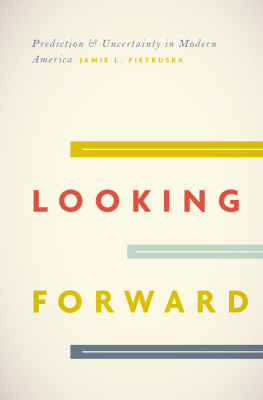
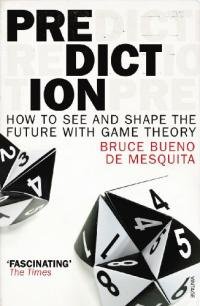

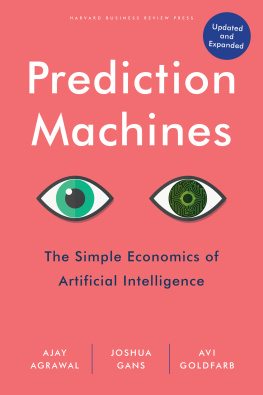
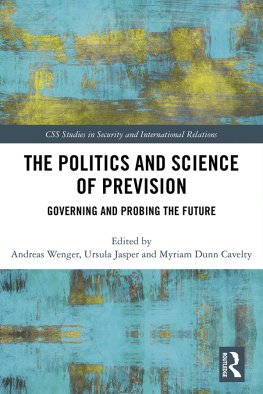
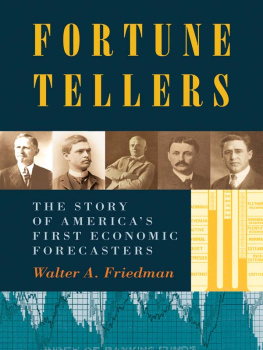
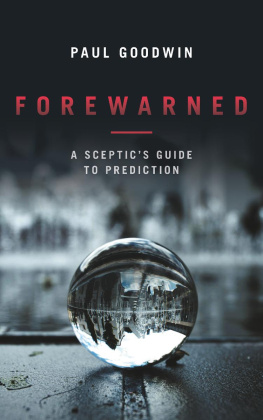
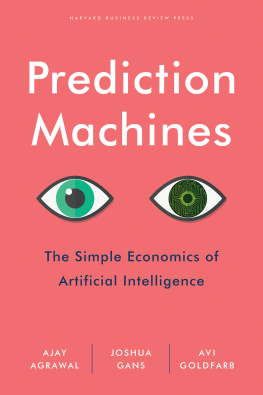
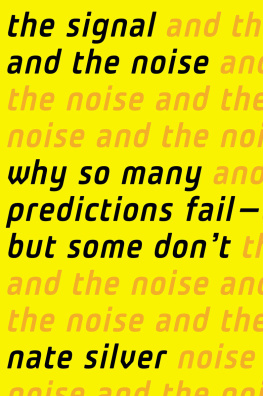

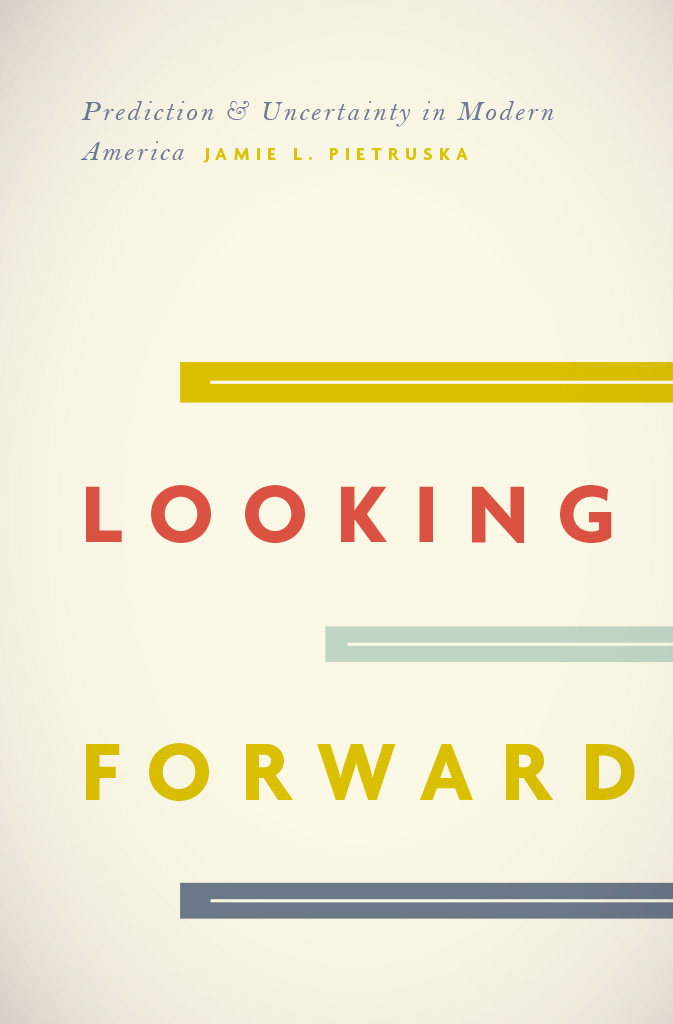
 This paper meets the requirements of ANSI / NISO Z 39.48-1992 (Permanence of Paper).
This paper meets the requirements of ANSI / NISO Z 39.48-1992 (Permanence of Paper).